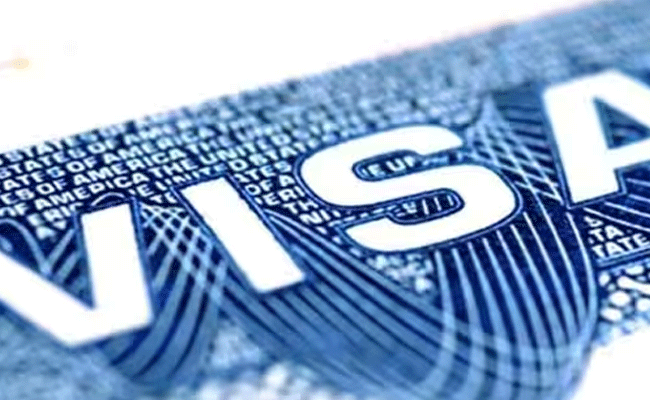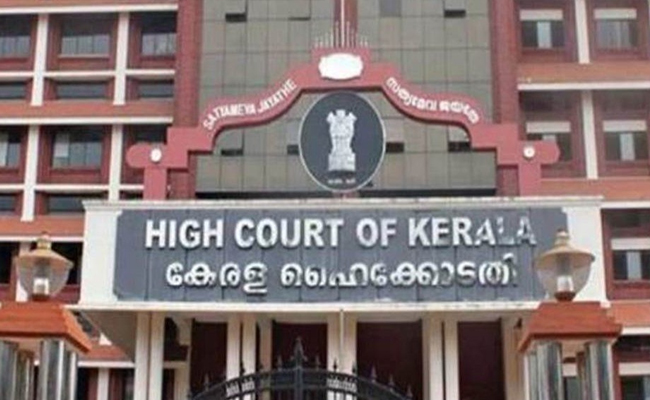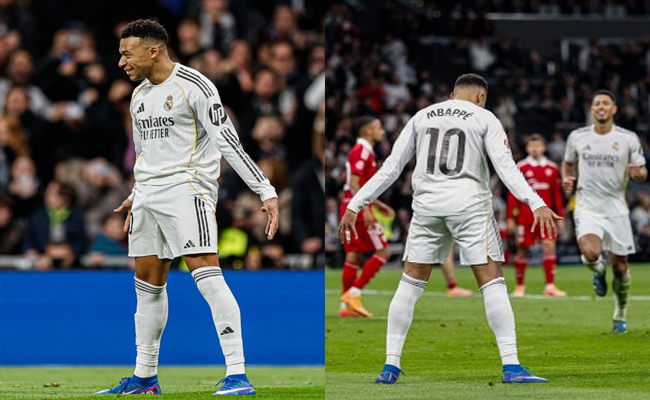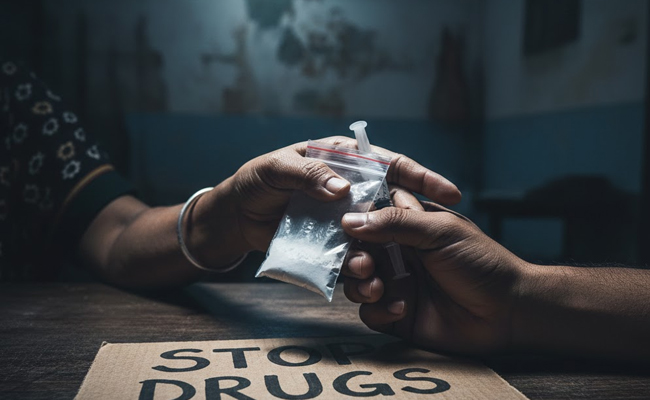Washington (PTI): The US State Department has quietly implemented recommendations of a presidential commission which has suggested steps like opening up American diplomatic missions outside India for visa appointments to reduce the visa backlog in the country.
India was one of the very few countries where applications for US visas saw a major upswing after coronavirus-related travel restrictions were lifted.
Moved by a commission member, Ajay Jain Bhutoria from Silicon Valley, the presidential commission observed that inordinate visa appointment delays were causing huge problems for the students and visitors who have plans to come to study in the US and visit the country.
The State Department should allow virtual interviews where applicable and allow staff from embassies around the world and the US consular staff to help conduct the virtual interviews at embassies with high backlogs and help clear them, the commission recommended.
The recommendations included opening up American diplomatic missions outside India for visa appointments, having more counters and deploying additional resources to process visa applications.
The US Embassy in India processed over 1 lakh applications just in January 2023, their highest total in a single month and the highest in any month since July 2019.
In its December meeting, the President's Advisory Commission on Asian Americans, Native Hawaiians, and Pacific Islanders recommended several steps to reduce the growing delay in visa appointment times in India and other countries like Pakistan, Nepal and Bangladesh.
It recommended the State Department hire new Full-Time officers/consular or Temporary Staff or contractors or bring back retired consular officers to clear the backlog at Embassies in Asia which have wait times of 400 or more days and shrink the wait time to 2-4 weeks be clearing the visa application backlog.
The State Department could also use staff from other embassies around the world to help clear the backlog in countries in Asia which have huge backlogs and delays in visa appointments, it had recommended.
The advisory committee noted that in 2012 President Barack Obama issued a memo to reduce the wait time from several months to a few days and this memo streamlined the visa process. The Trump administration had rescinded the President Obama memo, and this is also contributing as one of the factors in causing delays for Visa appointments, it said.
As such, it recommended that President Joe Biden should consider issuing a memo to the State Department to shrink the visa appointment wait times to 2-4 weeks maximum for countries with significant backlogs including India, Pakistan, Bangladesh, and other countries in a similar situation.
There have been growing concerns in India over the long waiting period for first-time visa applicants, especially for those applying under B1 (business) and B2 (tourist) categories.
The waiting period for first-time B1/B2 visa applicants in India was close to three years in October last year.
In January, the State Department not only implemented remote processing of interview waiver cases for applicants with previous US visas but also launched several initiatives, including scheduling special interviews for first-time applicants and increasing the strength of consular staff.
It also conducted "special Saturday interview days" on January 21.
Let the Truth be known. If you read VB and like VB, please be a VB Supporter and Help us deliver the Truth to one and all.
Kochi (PTI): The Kerala High Court has set aside crucial stages of the land acquisition process for the proposed Sabarimala greenfield airport, holding that the state failed to properly assess the minimum land actually required for the project.
On December 30, 2022, the state government issued an order granting sanction for the acquisition of 2,570 acres of land, comprising the Cheruvally Estate and an additional 307 acres located outside it.
Justice C Jayachandran, delivering the judgment on a writ petition filed by Ayana Charitable Trust (formerly Gospel for Asia) and its managing trustee Dr Siny Punnoose, ruled the decision-making process under the Right to Fair Compensation and Transparency in Land Acquisition, Rehabilitation and Resettlement Act, 2013, was legally flawed.
The court, in its December 19 order, directed the state to restart the process by conducting a fresh social impact assessment limited to examining the minimum land requirement, followed by a fresh appraisal by the expert group and reconsideration by the government.
The petitioners had challenged several government actions, including the Social Impact Assessment (SIA) report, the expert committee appraisal, the state government order approving the acquisition, and the subsequent notification under Section 11 of the 2013 Act.
The land in question, mainly the Cheruvally Estate in Pathanamthitta district, is proposed to be acquired for building a new airport intended to serve Sabarimala pilgrims.
The court found that while the state is entitled to acquire land for public purposes, the law clearly mandates that only the "absolute bare minimum" extent of land required for a project can be acquired.
According to the court, this mandatory requirement under Sections 4(4)(d), 7(5)(b), and 8(1)(c) of the 2013 Act was not properly complied with.
Justice Jayachandran observed that the authorities had shown "manifest non-application of mind" in assessing how much land was genuinely necessary.
As a result, the SIA report, the Expert Committee report and the government order were declared invalid to the extent they failed to address this crucial requirement.
Since the Section 11 notification could only be issued after a valid completion of these steps, it too was quashed.
On the petitioners' allegation of fraud on power and colourable exercise of authority, the court did not give a final finding. It held that this issue is closely linked to determining the minimum land required and can only be examined after that exercise is properly completed.
Before concluding, the court suggested that for technically complex projects like airports, the state should include technical experts in the SIA team to ensure informed and lawful decision-making.
The writ petition was accordingly allowed, keeping other issues raised by the petitioners open for future consideration.





